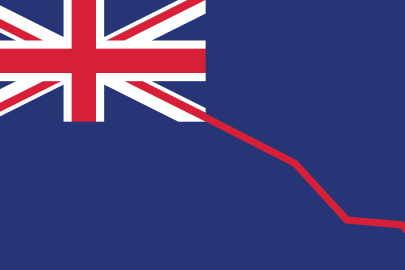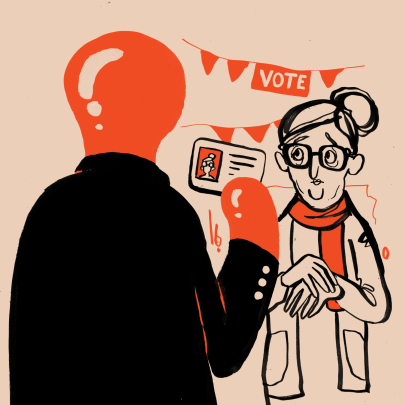Sep 23, 2016 Politics
Taking the tax off tampons would help ease the burden of poverty carried disproportionately by women.
New joke: what’s the difference between New Zealand and Nepal? Answer: in Nepal they’re lowering the number of menstruating girls secluded in cramped conditions.
In New Zealand, on the other hand, we’re now told some girls are sometimes missing school because their families are too poor to afford the $5-$15 monthly price tag on tampons or pads (and, chances are, those young women will be instead spending their period days in cold, damp, overcrowded houses). Forget windsurfing; tampon ads could show how their branded products enable girls to sit in class. We all know the cheaper no-ad budget brands are less effective at preventing leaks.
Similar situations have also been discussed in the US and the UK, and the recommended responses here and elsewhere focus on the cost of the products themselves: tampons shouldn’t be taxed, or treated as a “luxury item”; they should be made available free of charge at Family Planning, like condoms. Over winter, Labour MP Louisa Wall, Countdown and the Salvation Army asked that people donate tampons and pads to those in need via www.foodbank.org.nz. KidsCan already provides sanitary products to schools, and is also looking for donations to continue this service, now that a one-off grant from the Ministry of Social Development has been used up.
These responses all make sense to stem the immediate crisis, but the fix-it can’t stop there. Gender rights shouldn’t have to rely on private charity. And anyway, a product-focus only relieves the symptoms (educational and social debilitation) rather than treating them as an effect of a deeper cause (poverty). We are a rich country. Nobody should be made so poor that they have to choose between hygiene and eating, between education and eviction. Why do we force families to do this? What else can’t those families afford?
In Nepal, chhaupadi — the misogynistic system of keeping menstruating women apart as second-class citizens — is based on symbolic belief, whereas in New Zealand it’s based on supposedly rational neo-liberalism. We can’t take GST off tampons, we’re told, because that starts us on a “slippery slope” and before you know it, people will be arguing that all the necessities of life should be GST-free. Well, they should be. Let’s whiz down that slope, because having GST-free fresh fruit and vegetables (for example) can only be a good thing. And as for making up the lost government revenue, how about taxing that sugar?
Instead, yet again, the nationally generated burden of poverty has particularly dire consequences for women. See also: solo mums. In real terms, Sole Parent Support — the old Domestic Purposes Benefit — is nowhere near what it was in 1991. If it were indexed to inflation, as NZ Superannuation commendably is, we wouldn’t have 29 per cent of our children — and their parents, often only their mother — living in poverty. When children are hungry, chances are their parents have been hungrier for longer. Meanwhile, sole parents fear Work and Income for good reason. As Child Poverty Action Group economist Associate Professor Susan St John puts it, the system “may seem like the abusive partner; withholding money on a whim, making unreasonable demands on her time, playing mind games, making intrusive checks on her living circumstances while helping foster an attitude of putdowns and negative stereotyping”.
Dealing with periods also provides an example of how being poor can make life more expensive. Using a reusable “Mooncup” is a cheaper alternative to pads and tampons but this technology is less accessible to the less well-off for two reasons: it involves an initial, up-front cost of around $50, and you need private access to a basin to rinse it — something not always available in shared housing.
In medieval Europe, it was thought that men could menstruate also (haemorrhoids); now scientists think that growing a thick uterine lining is a defence mechanism preventing humanity’s unusually “aggressive” fetuses from burrowing too far into their mother’s tissues. And apparently it’s easier for the body to shed and regenerate that lining every month than it is to maintain it. Just like it’s easier to miss a few days of school each month rather than deal with yet another indignity, and work out yet another workaround, due to not having enough money.
Photo: Getty.





